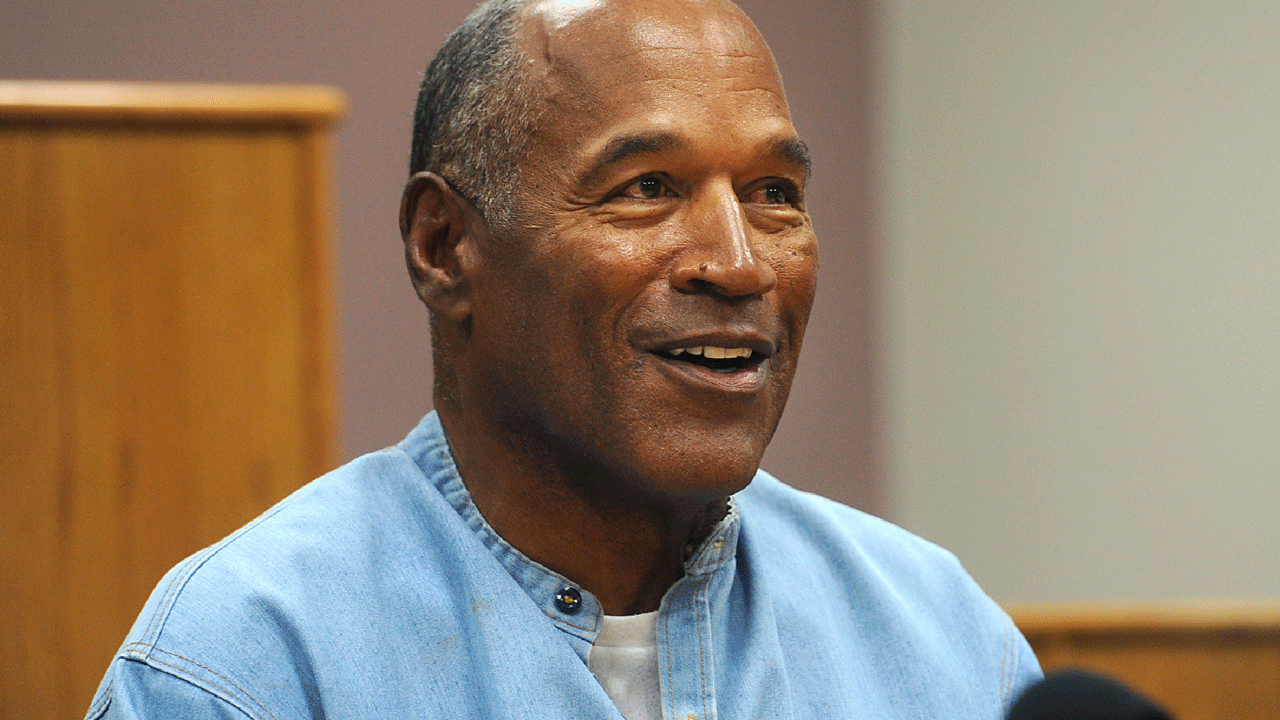Legal ethics watchdogs in the District of Columbia and Georgia have dismissed complaints against the lawyer Stefan C. Passantino over allegations that he pressured a former client, Cassidy Hutchinson, to remain loyal and protect former President Donald J. Trump by saying little to Congress about his conduct in the lead-up to the Jan. 6, 2021, Capitol attack.
Ms. Hutchinson declined to cooperate with the inquiries by repeating to investigators the allegations she had made to Congress about Mr. Passantino, whom she replaced as her lawyer before testifying publicly to the House Jan. 6 committee. Mr. Passantino has denied the allegations that he pressured her.
In dismissing the complaints about him, the State Bar of Georgia and the Office of Disciplinary Counsel with D.C.’s Board on Professional Responsibility both cited a lack of sufficient evidence against him, according to documents provided by his lawyer.
Mr. Passantino drew scrutiny after Ms. Hutchinson, a former Trump White House aide, hired a different lawyer and then provided more damaging details about Mr. Trump to the House committee that investigated the events culminating in the Jan. 6 riot. Mr. Passantino had worked in the White House Counsel’s Office under Mr. Trump and his legal fees were being paid by Mr. Trump’s political action committee.
Ms. Hutchinson told Congress that Mr. Passantino had coupled advice to say she remembered little with assurances that she would get a “really good job in ‘Trump world.’” Her allegations led to the filing of complaints seeking to have him disbarred by various critics, including a group called Lawyers Defending American Democracy.
A lawyer for Ms. Hutchinson, Bill Jordan, said she had not gotten involved in the reviews by various bar associations. While he did not directly answer why she did not cooperate, he noted that “Ms. Hutchinson did not file any complaint against Mr. Passantino.”
Mr. Passantino’s lawyer, Ross Garber, hailed the result while denouncing the accusations of misconduct against his client, including by the Jan. 6 committee in its report. Mr. Passantino, he said, had “suffered severe consequences” as a result, including being compelled to leave his law firm.
“Unlike others, bar officials sought information from Mr. Passantino, who cooperated fully,” he said. “Unlike others, bar officials looked carefully at the facts and the law. The result was what it should have been. Mr. Passantino will continue his distinguished 30-year career with an unblemished record.”
The decisions by the ethics panels were reported earlier by the conservative website Just the News.
A spokesman for Lawyers Defending American Democracy, John T. Montgomery, expressed regret about the limits the inquiries faced into the main allegations, which centered on accusations that Mr. Passantino had put the interests of a third party over those of his client.
“The complaint against Passantino raised disturbing issues regarding the ethics of his conduct in representing Ms. Hutchinson,” Mr. Montgomery said. “Our obligation as lawyers is to raise such issues when they arise, and it harms the bar and the public that a full investigation of these allegations could not be completed.”
Lawyers Defending American Democracy has also said it filed a complaint against Mr. Passantino in New York. Mr. Garber said on Tuesday that “as far as we know, the New York Bar took no action on any complaint that may have been filed with it.”
The Office of Disciplinary Counsel with D.C.’s Board on Professional Responsibility did fault Mr. Passantino for violating a rule that required him to provide Ms. Hutchinson with a written document setting forth the scope of his representation and legal fees. Mr. Passantino apparently told the panel he did not provide an engagement letter in writing because he was worried the House Jan. 6 committee would subpoena it.
In a Feb. 2 letter, the office said that while Ms. Hutchinson had consented to having Mr. Passantino’s fees paid by the political action committee aligned with Mr. Trump, putting the arrangement in writing is mandatory under Rule l. 5(b) of the District of Columbia Rules of Professional Conduct. It required him to take legal ethics training classes during a probation period.
But, citing Ms. Hutchinson’s unwillingness to talk to investigators, the office said there was insufficient evidence on the larger matter.
“Ms. Hutchinson made some allegations about your conduct to the committee, but she refused to cooperate in our investigation,” it said. “Accordingly, except for the Rule l. 5(b) allegation, which you admit, we are not proceeding on her other allegations at this time. We are unable to prove those allegations by clear and convincing evidence, as we must.”
A Feb. 26 letter from the State Bar of Georgia also said it had failed to obtain “sufficient evidence to justify formal proceedings” and so was dismissing the grievance against him.






